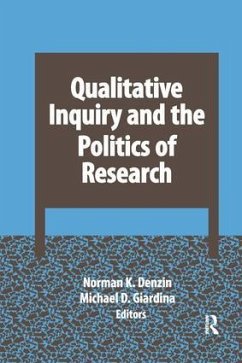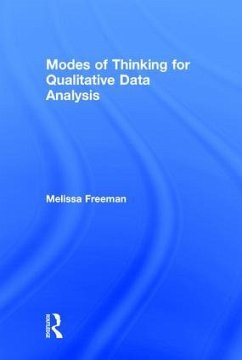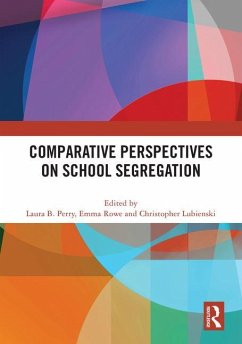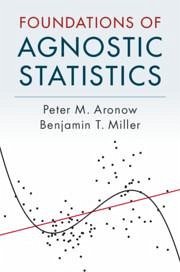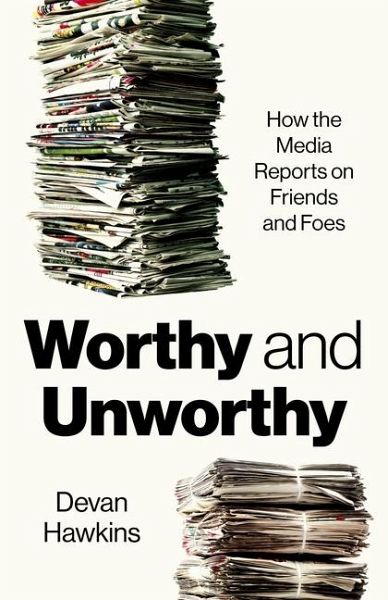
Worthy and Unworthy
How the Media Reports on Friends and Foes

PAYBACK Punkte
8 °P sammeln!
What geopolitical events are worthy of media attention? In an ideal world, the answer to this question would be based on the merit of the event. Unfortunately, this is not always the case. Media attention throughout the Western world too often reflects and reinforces Western government's geopolitical orientations. Building on Edward Herman, Noam Chomsky, and other scholars who have examined biased media coverage, Worthy and Unworthy presents case studies depicting how media coverage of events in foreign countries differs depending on whether a country is a geopolitical enemy or an ally of the ...
What geopolitical events are worthy of media attention? In an ideal world, the answer to this question would be based on the merit of the event. Unfortunately, this is not always the case. Media attention throughout the Western world too often reflects and reinforces Western government's geopolitical orientations. Building on Edward Herman, Noam Chomsky, and other scholars who have examined biased media coverage, Worthy and Unworthy presents case studies depicting how media coverage of events in foreign countries differs depending on whether a country is a geopolitical enemy or an ally of the United States. The book presents case studies comparing coverage in the New York Times of comparable geopolitical events that have occurred in geopolitical allies of the United States and non-allied countries. As the systematic analysis of both the amount of coverage these events received and the nature of the coverage shows, the Times' coverage creates worthy and unworthy events with hyperfocus being given to geopolitical events in non-allied countries and less focus given to the events in friendly countries. While the book focuses on the New York Times, an analysis of coverage from other media outlets shows that the Times is not alone in this tendency. Our view of geopolitical events is shaped by the media we consume. If you're concerned about the Western media's coverage of geopolitical events and whether it encourages some of the worst and most harmful aspects of US foreign policy, understanding the biases in media coverage is essential. With an increased understanding of these biases, we can help reduce them.





